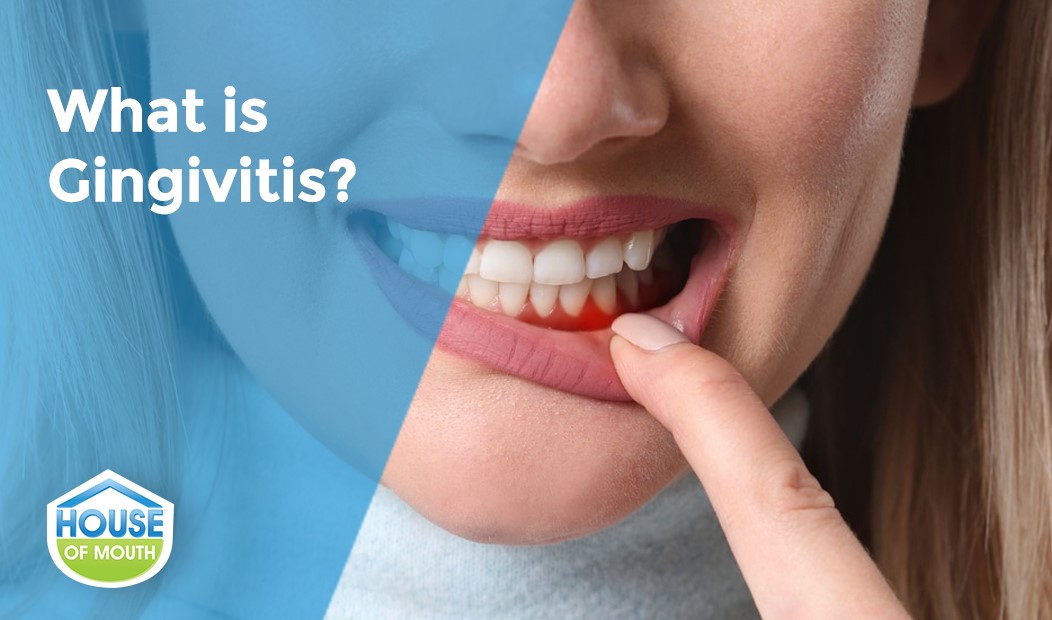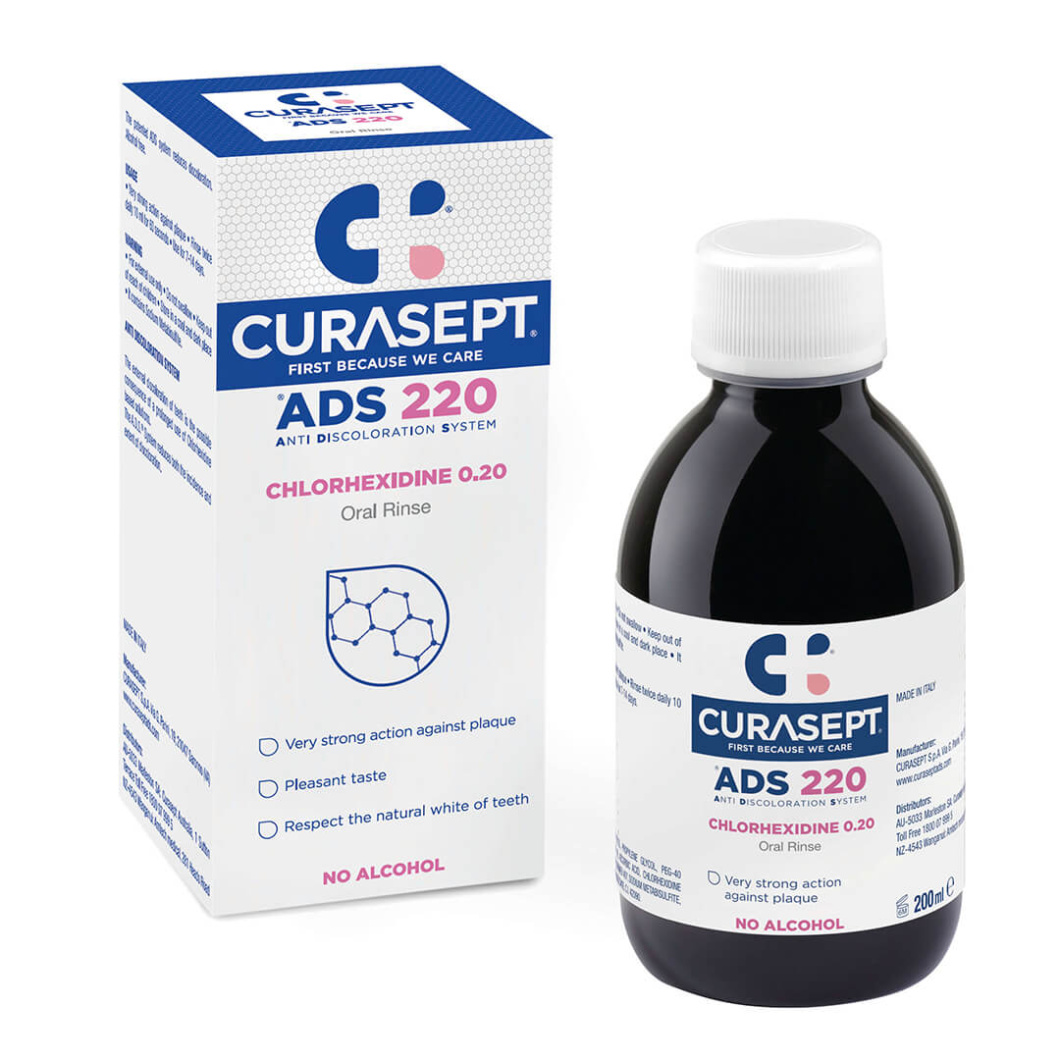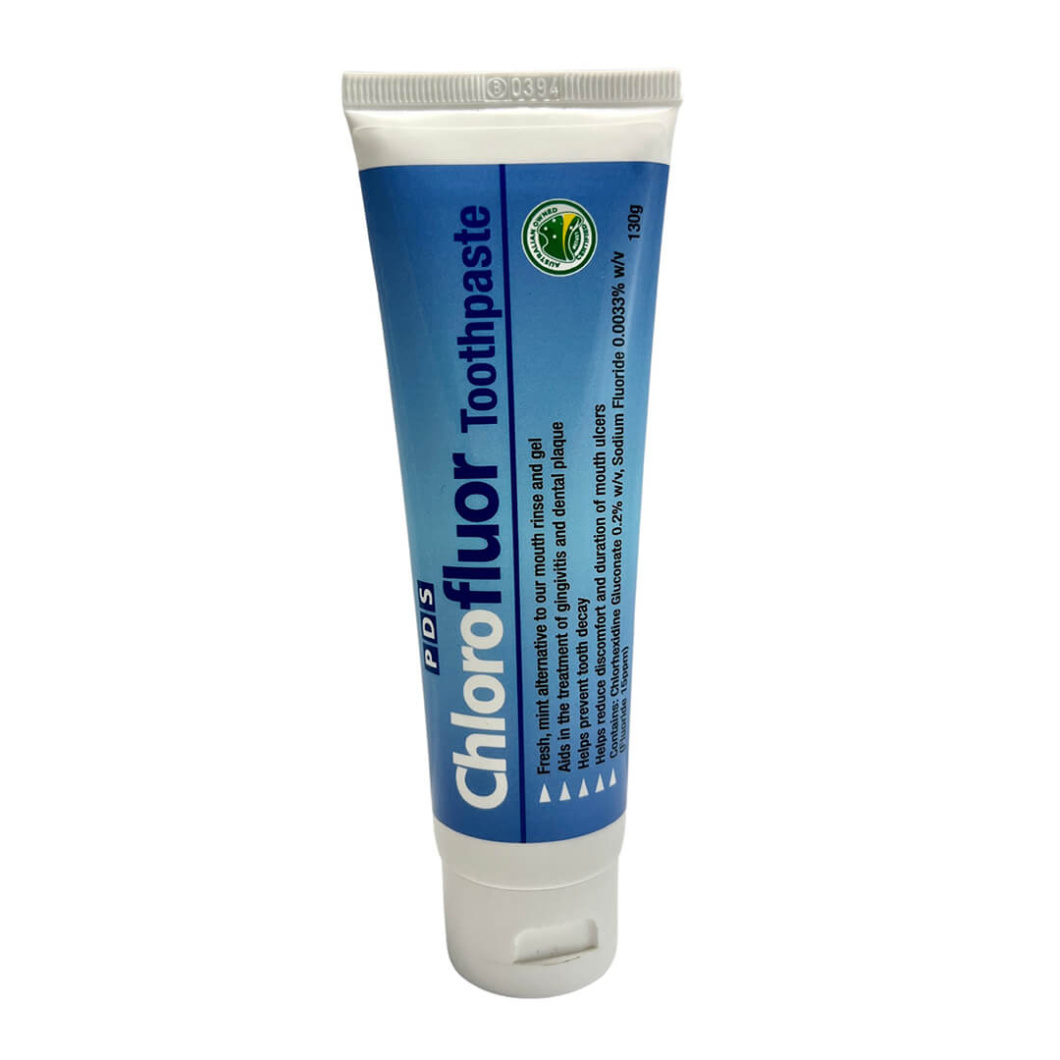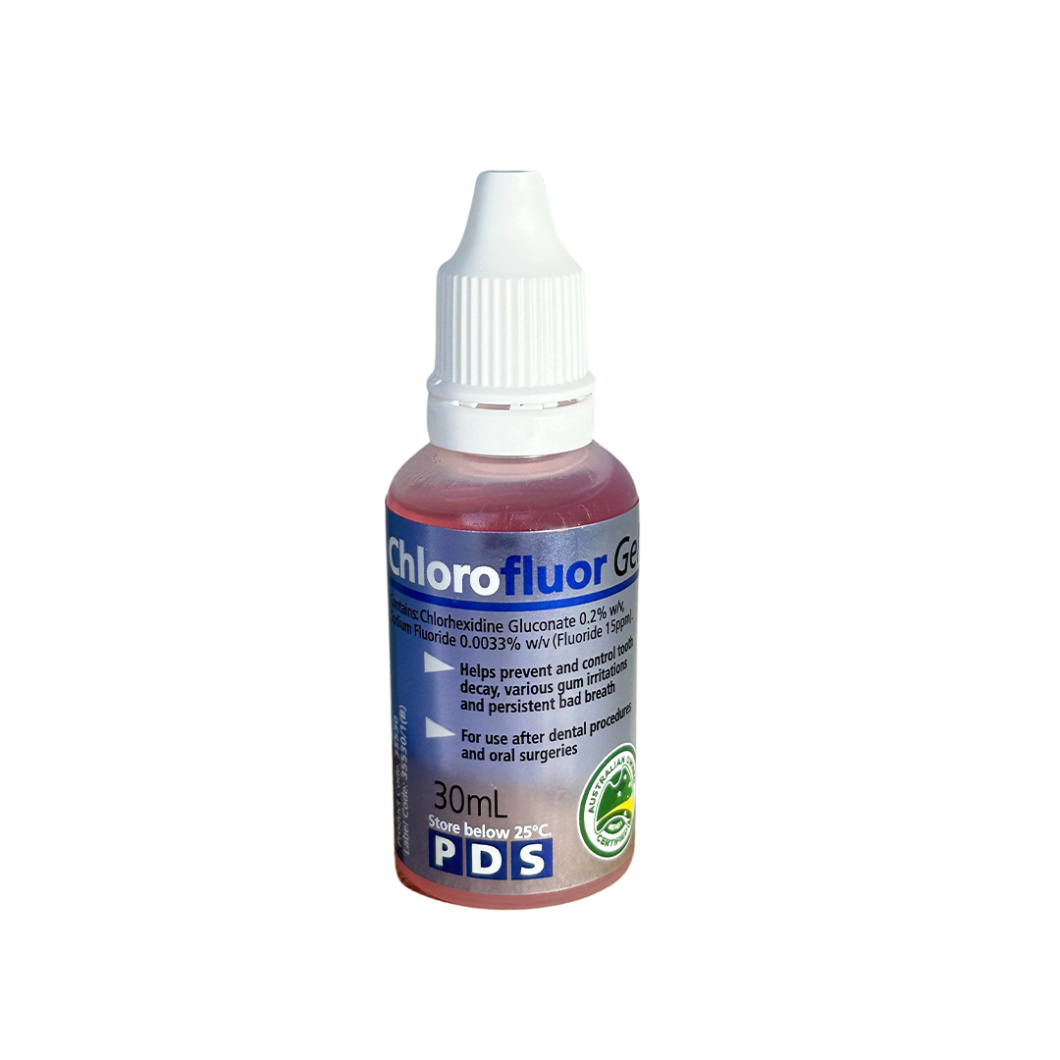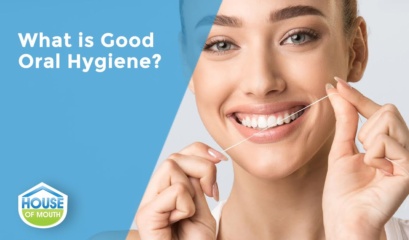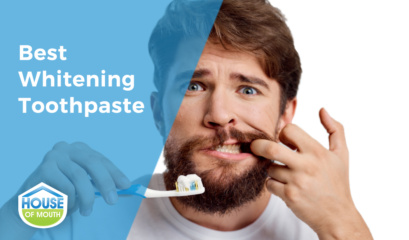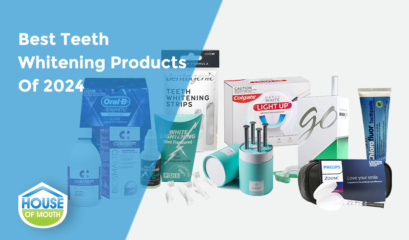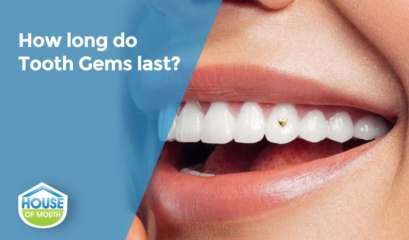Gingivitis affects millions and is the early stage of gum disease. It often goes unnoticed until it manifests in the most unwelcome ways. Healthy gums are crucial in supporting your teeth, however, gingivitis results in your gums becoming inflamed, bleeding, tender and pleading for attention.
Don’t worry! This isn’t a one-way street – gingivitis in its early stages is reversible through proper home oral care in conjunction with professional advice and preventive treatments. We’ll delve into a world where gingivitis treatment becomes your ally, be it through medication for gingivitis, diligent gingivitis self-care, professional advice and regular preventive treatment with your dentist, or the choice of the right mouthwash for gingivitis.
We’ll also reveal the secret to finding the best toothpaste for gingivitis.
What is Gingivitis?
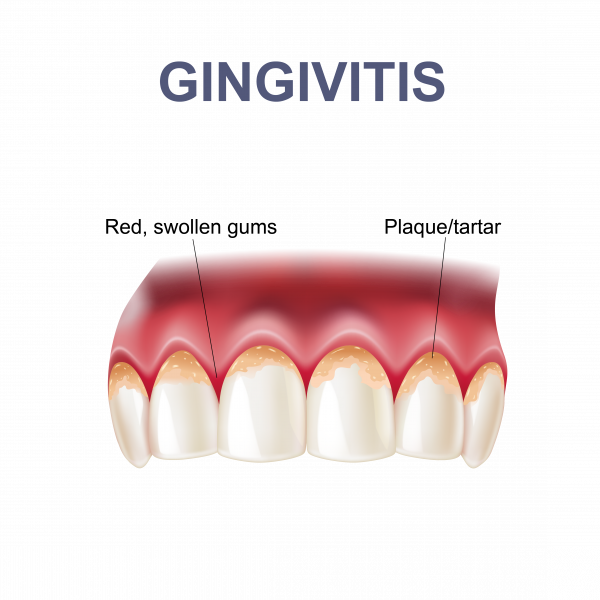
Gingivitis is a common dental condition characterised by inflammation of the gums. It occurs when plaque, a sticky film of bacteria, builds up on the teeth and irritates the gum tissue. If left untreated, gingivitis can progress to more severe gum disease like periodontitis. Fortunately, treatment options are available, including gingivitis medication, to help combat this oral health issue. Understanding gingivitis’s causes, symptoms, and treatment is essential for optimal dental health.
Causes and Risk Factors
Like any other dental condition, Gingivitis has its root causes and various risk factors. Understanding these can help you take proactive steps in preventing and treating gingivitis.
Here are some common causes and risk factors associated with gingivitis:
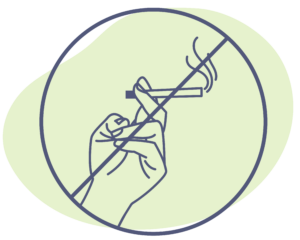
Smoking/tobacco Use
The harmful effects of tobacco and smoking, which reduce blood flow to the gums and weaken the immune system’s ability to combat infections, can exacerbate the condition.
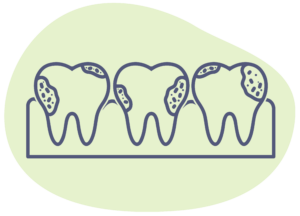
Poor Oral Hygiene
Inadequate brushing and flossing allow plaque to build up in and around the teeth and gums in turn, leading to gingivitis.
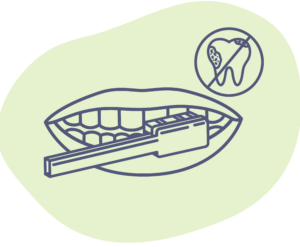
Not Entirely Removing Plaque
Even if you brush regularly, not correctly removing plaque from all surfaces of your teeth can increase the risk of gingivitis.

Stress
High-stress levels can weaken the immune system, making it harder for your body to fight gum infections.
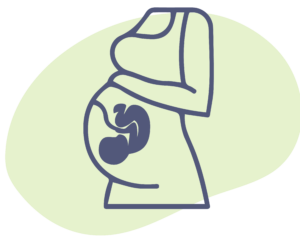
Hormonal Changes
Gum inflammation can be caused by hormonal fluctuations during pregnancy, puberty, or menopause. This can lead to conditions such as pregnancy induced gingivitis.
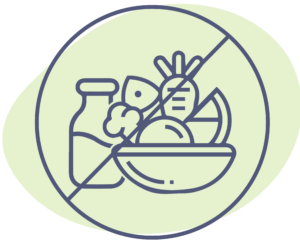
Poor Nutrition
A diet lacking essential nutrients, particularly B Vitamins, can weaken the immune system and increase the risk of gum disease.
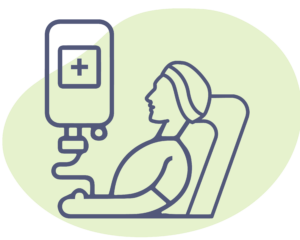
Immune Compromised
Patients who are immunocompromised are at a higher risk of suffering from gingivitis and other oral health conditions. These can include conditions such as HIV/AIDS, Herpes Simplex Virus and patients undergoing radiation or chemotherapy.
Symptoms
Gingivitis symptoms can vary from person to person, but there are several common signs to watch out for. These symptoms include:
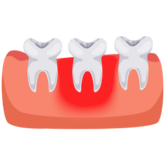
Red, Puffy Gums
Inflammation of the gums is a telltale sign of gingivitis. Your gums may appear swollen and may feel tender to the touch.

Bleeding Gums
Gingivitis can cause your gums to bleed easily, especially when brushing or flossing. If you notice blood on your toothbrush or the sink or when biting into food, it may indicate gingivitis.
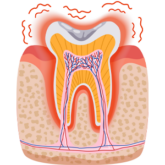
Tooth Pain or Sensitivity
Teeth can be sensitive to hot and cold foods and drinks when suffering from gingivitis, this is due to gums becoming inflamed, puffy, and ‘loose’, often exposing the sensitive areas of the teeth.

Bad Breath
Bad breath can persist despite regular oral hygiene practices. The bacteria that cause gum inflammation can also contribute to bad breath.
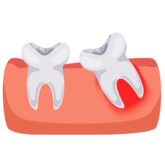
Loose Teeth
As gingivitis progresses, it can lead to the loss of gum tissue and bone, causing your teeth to become loose. If left untreated, gingivitis can progress to a more severe form of gum disease called periodontitis, which can significantly damage the gums and supporting structures of the teeth. It’s essential to address gingivitis promptly through good oral hygiene practices and regular dental check-ups to prevent it from advancing to a more severe stage.

Treatment
As gingivitis is considered reversible, treatment often involves a combination of home oral care and professional dental treatments such as scale and cleans with a dentist or dental hygienist.
By incorporating several effective strategies into your oral care routine this can help treat and manage gingivitis. Here are some steps to take:
Use an Anti-gingivitis Toothpaste
Look for a specific toothpaste to combat gingivitis – PDS Chlorofluor Toothpaste is a daily toothpaste which contains antibacterial agents and fluoride to help fight plaque and reduce gum inflammation.
Use an Anti-gingivitis Mouthwash
Rinse your mouth with an anti-gingivitis mouthwash, such as Curasept 0.12% Chlorhexidine Fluoride Free Toothpaste or PDS Chlorofluor (Chlorhexidine and Fluoride) Mouthwash which can help kill bacteria and promote gum health.
Brush Your Teeth and Gums for at Least 2 Minutes
Take the time to brush your teeth and gums using a soft-bristle toothbrush thoroughly. Pay attention to areas where plaque can accumulate, such as along the gumline.
Flossing and Cleaning with Interdental brushes
Regular flossing as well as using interdental brushes and power flossers removes plaque and debris between the teeth and the gum line. This helps prevent the buildup of bacteria and reduces the risk of gum inflammation.
Prevention
Here are some tips for preventing gingivitis:

Visit Your Dentist Regularly
Regular dental check-ups and professional cleanings are crucial for maintaining healthy gums. Your dentist can detect and treat gingivitis before it occurs or becomes too serious.

Eat a Balanced Diet
A healthy diet rich in fruits, vegetables, and whole grains provides essential nutrients for gum health.

Avoid Tobacco Products
Smoking and tobacco use contribute to the development and progression of gingivitis. Quitting smoking is crucial for preventing gum disease.
Product Recommendations
Looking for the best products to combat gingivitis? Look no further! We have curated a list of top-notch oral care products to complement your gingivitis treatment.
- Best Toothpaste – PDS Chlorofluor Toothpaste – 130g: Elevate your dental care game with PDS Chlorofluor Toothpaste! Experience a refreshing burst of cleanliness while it fortifies your teeth and gums.
- Best Mouthwash – Curasept 0.20 Chlorhexidine with Fluoride Mouth Rinse – 200ml: Unleash the power of Curasept Mouthwash for an invigorating oral ritual. This fluoride-infused elixir revitalises your mouth, leaving it feeling rejuvenated.
- Best Gel – PDS 0.20 Chlorhexidine with Fluoride Gel – 30ml: Precision meets dental care with PDS Chlorhexidine Gel. Targeting problem areas, this gel is your secret weapon in the battle against gum woes.
- Best Toothbrush – Caredent 10K Super Soft Toothbrush: Embrace gentle yet effective brushing with the Caredent 10K Super Soft Toothbrush. Pamper your gums and teeth with every stroke for a truly refreshing and super gentle experience – just what inflammed and tender gums need.
-
- Select options This product has multiple variants. The options may be chosen on the product page
$3.68 – $41.90 -
- Select options This product has multiple variants. The options may be chosen on the product page
-
- Select options This product has multiple variants. The options may be chosen on the product page
$16.99Original price was: $16.99.$15.99Current price is: $15.99. -
- Select options This product has multiple variants. The options may be chosen on the product page
$18.99Original price was: $18.99.$17.99Current price is: $17.99.
FAQs
Is Gingivitis Gum Disease?
Yes! It’s the initial and least severe stage of gum disease, marked by gum inflammation due to plaque buildup on the teeth. If not addressed, gingivitis can progress to a more advanced stage known as periodontitis.
Is Gingivitis Contagious?
Gingivitis is not contagious in the same way that a common cold or the flu is. It doesn’t spread through the air or by casual contact. However, the bacteria that lead to gingivitis can be passed between people through activities like sharing utensils, kissing, or close personal contact. While gingivitis doesn’t directly spread, the bacteria can be transmitted from one person to another. To prevent this, everyone must maintain good oral hygiene to reduce the risk of spreading these bacteria to others.
Can Gingivitis Be Cured?
Absolutely, gingivitis can be cured, especially if caught early. This involves maintaining good oral hygiene, regular dental check-ups, and cleanings, addressing underlying issues, and making healthy lifestyle choices. Early intervention is vital to preventing it from turning into a more severe gum disease.
When Should I See a Dentist?
Certainly! You should see a dentist for gingivitis if you notice problems like red or bleeding gums. Going for regular dental check-ups is a good idea to catch issues early and keep your gums healthy.


